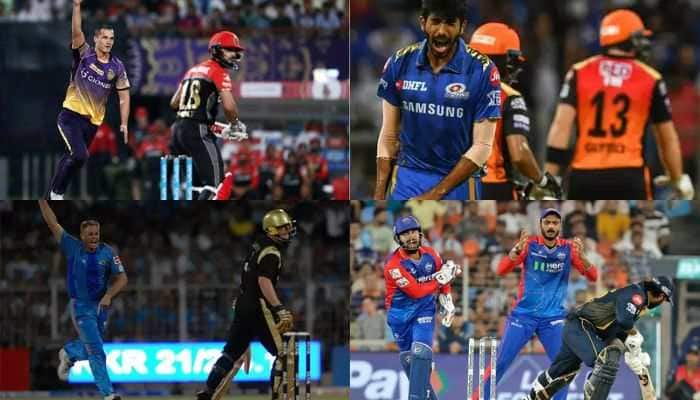Time to deliver for Socceroos on home soil
After a year of sometimes painful transition and an encouraging yet ultimately pointless World Cup campaign, Australia enter 2015 knowing that promise no longer counts for anything and only results matter.
Trending Photos
)
Sydney: After a year of sometimes painful transition and an encouraging yet ultimately pointless World Cup campaign, Australia enter 2015 knowing that promise no longer counts for anything and only results matter.
The 49-year-old has his chance to deliver that objective on home soil in Sydney on Jan. 31 and much of the success of the 16th Asian Cup will depend on how close he comes to doing it.
Gone are all but three of the "golden generation" squad that got the Socceroos to the last eight of the Asian Cup in 2007 soon after Australia switched from the Oceania confederation in search of more competitive football.
Little more than a handful of players also now remain from the squad which got to the final at the second attempt in Qatar in 2011, only to lose in heartbreaking fashion to a Japan goal in extra time.
Postecoglou has a clear vision of the sort of pressing, attacking football he wants his young team to play but the results so far have been less than impressive.
One win in 11 matches this year -- even if two defeats came after brilliant performances against Chile and the Netherlands at the World Cup in Brazil -- makes pretty stark reading for Socceroos fans.
Starker still is the fact that eight of the 12 goals Australia have netted since Postecoglou took over have come from all-time leading scorer Tim Cahill.
Even if Cahill looks anything but on the wane even at the age of 35, reliance on one player for such an important element of footballing success opens up the hosts to the vagaries of injury and form in what is a short tournament.
Postecoglou`s job is among the toughest in world football given a majority of his players ply their trade in Europe and he will certainly relish having them together, and time-adjusted, in the pre-tournament training camp.
There is also home advantage, which can be a double-edged sword but will surely work in Australia`s favour if they can build up some momentum in their opener against Kuwait on Jan. 9 and second Group A outing four days later against Oman.
The draw was not kind to the Australians, however, and their blockbuster showdown with South Korea in Brisbane on Jan. 17 could go a long way to deciding whether they can be the first host nation to win an Asian Cup since Japan in 1992.







)
)
)
)
)
)
)
)
)
)
